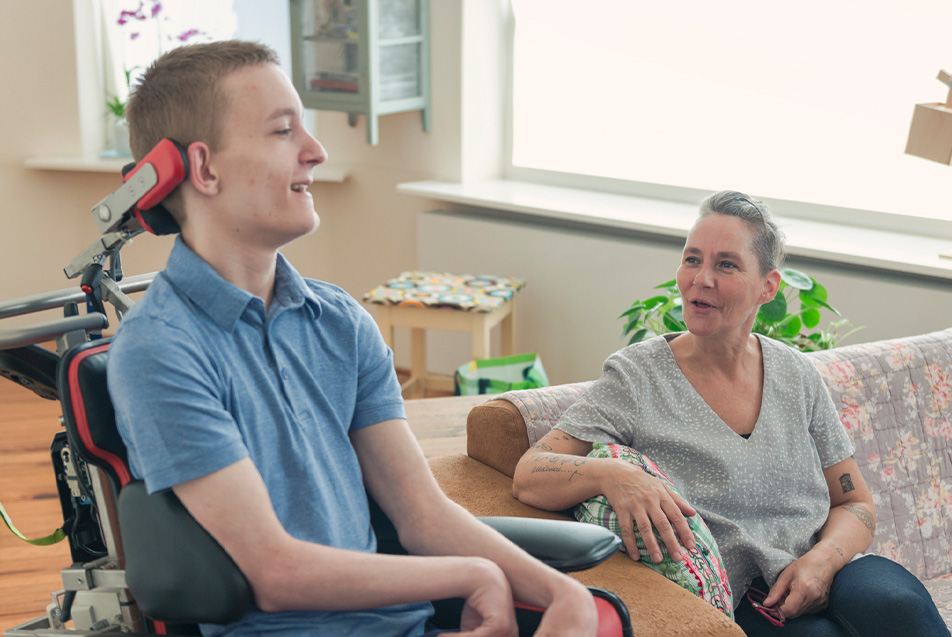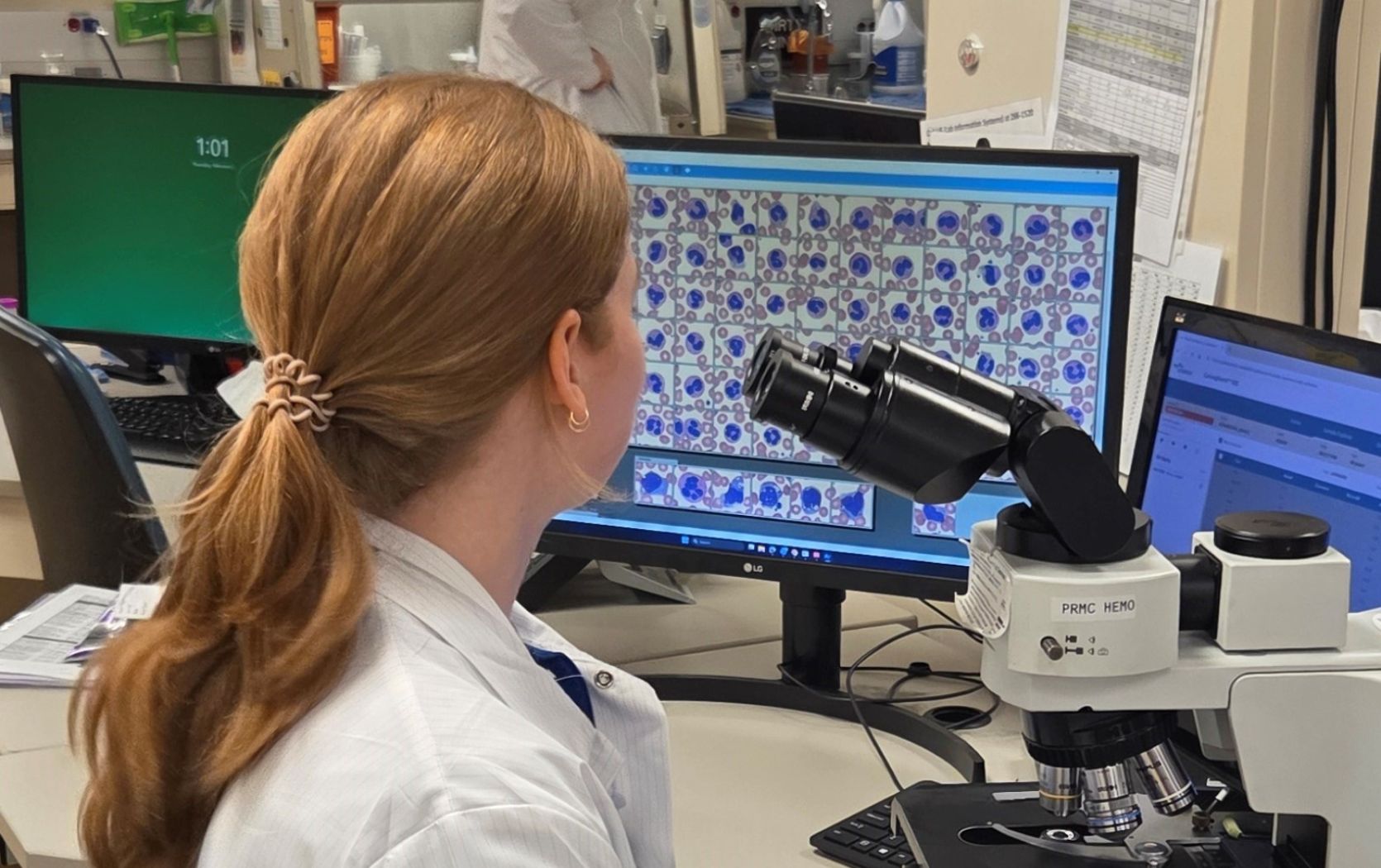
In recent years, amyotrophic lateral sclerosis (ALS) research has indicated that certain gene mutations are linked to the risk of the disease and may be familial in nearly 10% of cases. With this information, we asked Guangbin Xia, MD, PPG – Neurology, to expand on research addressing familial ALS and what it means regarding diagnosis and treatment for patients.
What are some common ALS symptoms and how is the disease diagnosed?
ALS's initial clinical symptoms can be quite diverse, but the main indication is painless weakness accompanied by muscle atrophy. It is usually asymmetrical, meaning it starts in one limb first. While it is less common, speech impairment or difficult swallowing can also be initial presentations for the disease.
ALS is diagnosed by clinical evaluation to find both the upper and lower motor neuron signs. Diagnostic testing may also be necessary to confirm the findings and rule out any diseases ALS tends to mimic. A clinical progression both within and outside the initial body part, must be established.
What is the difference between familial and sporadic ALS?
Familial ALS is caused by a gene mutation and can be passed from one generation to the next. It also means that there is more than one occurrence of the disease in a family, so you may see other family members who have had ALS. Sporadic ALS applies when there is no known family history, but some cases of the disease could result from a gene mutation that has not been identified.
Why has there been an influx in research regarding familial ALS in recent years?
Research into familial ALS has increased to help reveal the cause or causes of the disease. The knowledge obtained from the study of a specific gene can be generalized to understand the illness, helping to develop specific therapeutics or treatments.
Are there common factors associated with familial ALS?
ALS, and familial ALS, is an adult-onset disease. The underlying mechanism is not clear but likely reflects accelerated neurodegeneration. Yes, some family ALS is specifically related to a constellation of symptoms. For example, the C9orf72 mutation is associated with frontotemporal dementia. However, heterogeneity means the same mutation may have a different clinical presentation, and the same presentation is caused by a different mutation in the same gene.
Is there genetic testing available to ALS patients, and is Parkview offering them?
Yes, there are specific gene or panel tests available for ALS patients. Usually, I will send a more thorough genetic test based on the clinical presentation rather than requesting a panel test, which is quite costly. Parkview labs do not perform these tests, but instead, we can send samples to commercial diagnostic labs and results will be sent back to us and the patient.
In what cases is genetic testing appropriate?
Genetic testing can help confirm an ALS diagnosis, especially an early diagnosis, which is essential for treatment planning. It can also help patients understand how the disease will progress, so they are more prepared and plan accordingly. Some clinical trials target specific ALS groups and a genetic test is mandatory to enroll in the study.
What should patients do after being identified as having a predisposition for ALS?
As the inherent pattern is different from gene to gene, it's best to discuss the findings with a neurologist and/or a geneticist to determine how the gene mutation might affect you and your next generation. You may also want to notify other family members to see if they wish to get tested even though they have no symptoms. Since there are no measures to prevent the disease's onset, some individuals may choose not to test. Similar situations happen with Huntington's Disease as well.
Does the identification or diagnosis of familial ALS have implications for therapy or treatment?
No. There no treatment used to target a specific gene mutation. In general, the confirmation of familial ALS will not change the disease's current management, but with the advancement of research, this situation may change in the future.
Can ALS onset be prevented or delayed with early detection?
Unfortunately, the answer is no, for the time being. However, this situation may change with the new development of therapeutic genome editing. In the future, we may correct the mutation before the onset of the disease, which will offer a fundamental cure for the disease.




